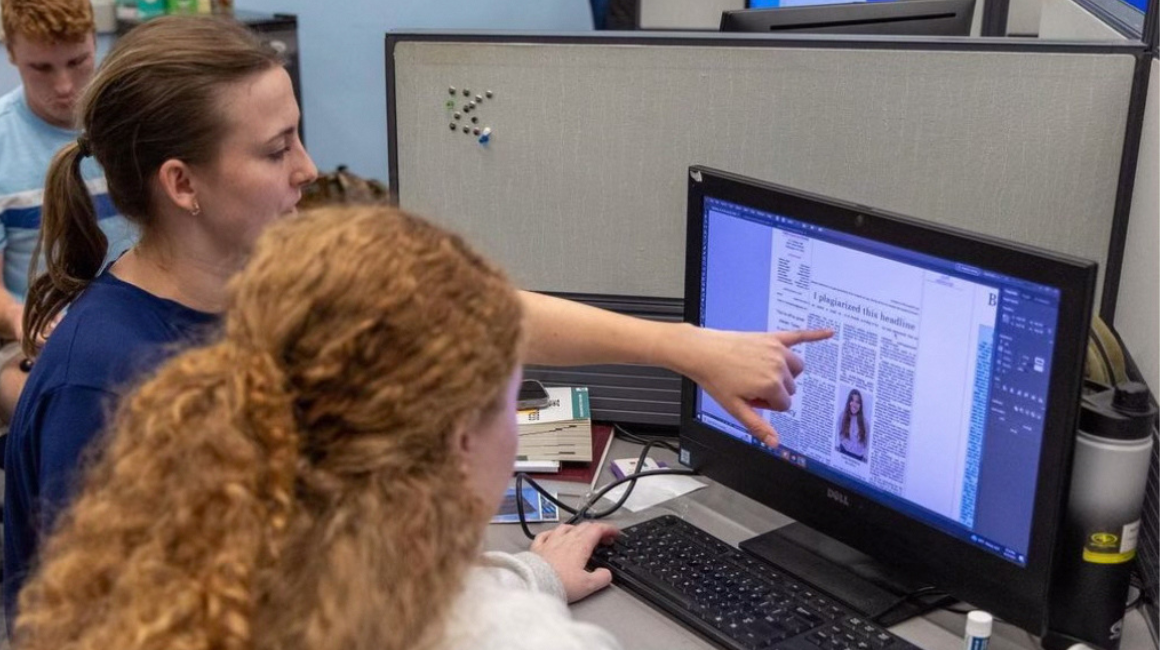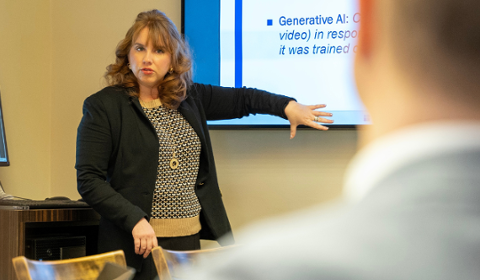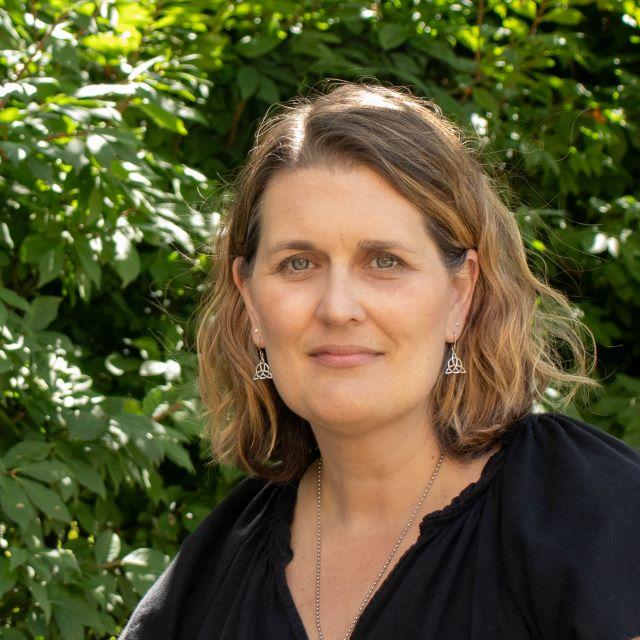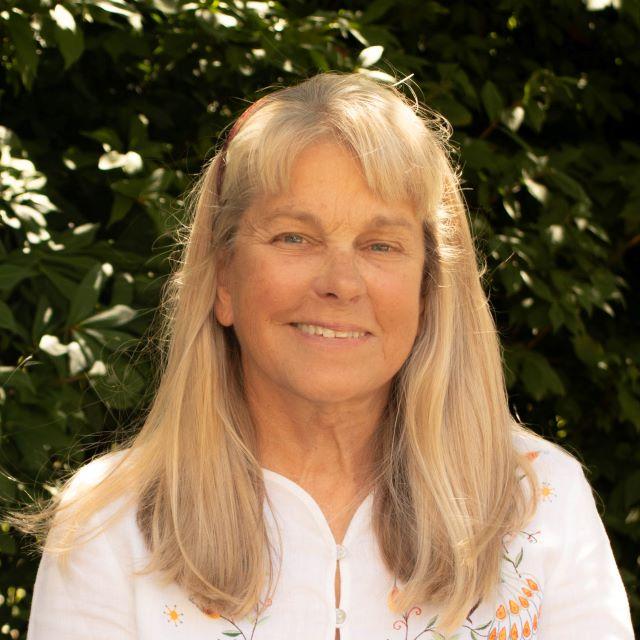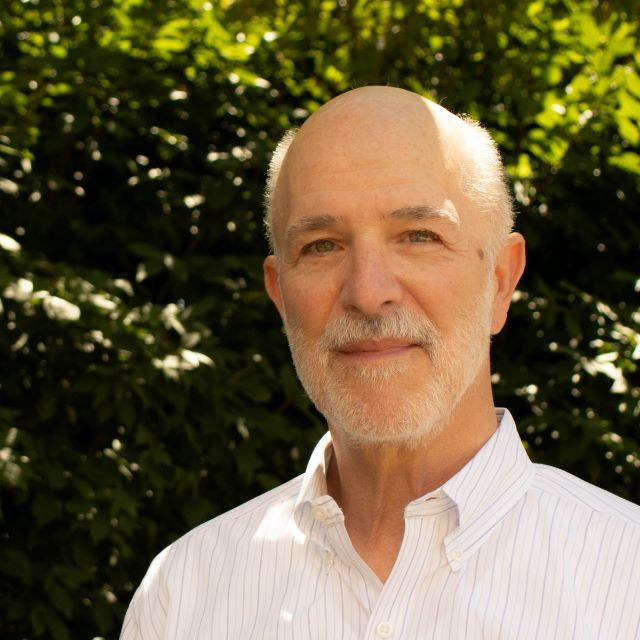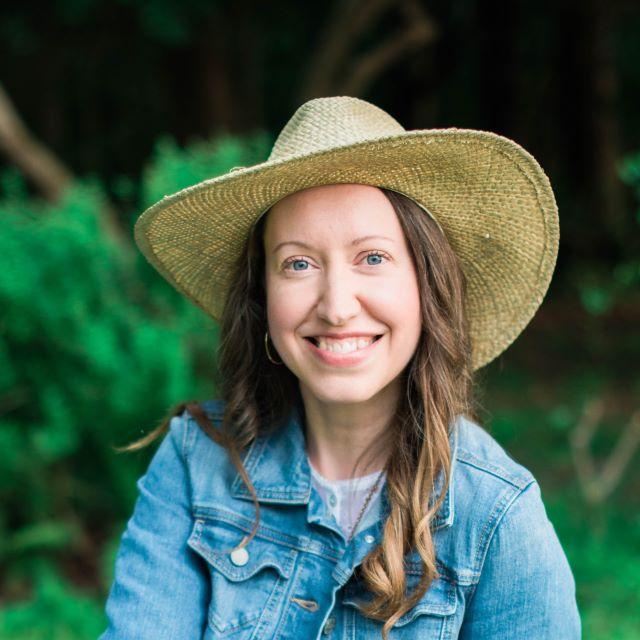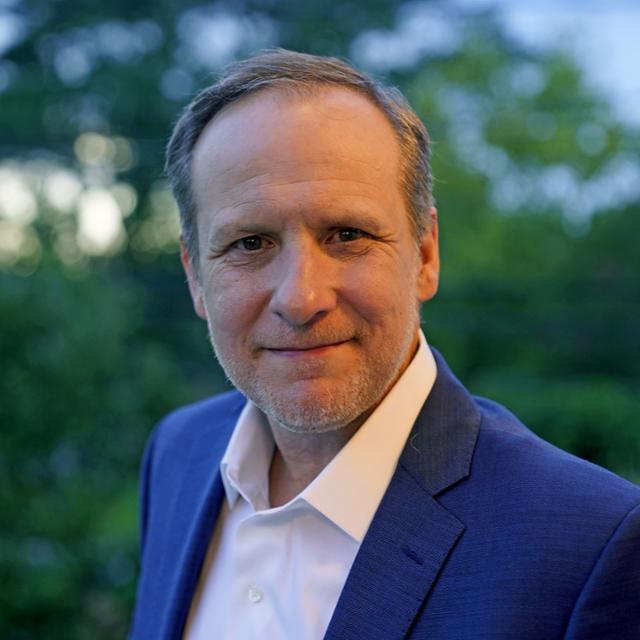Ethical Practices in Today's Media
As a student seeking to make your impact on the world, you can join forces with your peers, University faculty, media practitioners and community leaders to cultivate and elevate best practices that support fair and accurate journalism across media platforms.
Take part in special programming, guest lectures, networking opportunities, high-quality internships and unique courses that highlight what it means to work ethically in today's media. The Institute offers a variety of programs that showcase the choices, values and consequences inherent in our media and communicative practices.
Regardless of your major, you'll have the opportunity to help produce Ethically Speaking, the Institute’s podcast series created in collaboration with Duquesne’s Center for Emerging and Innovative Media.
Rooted in the University's commitment to ethics, the Institute occasionally recognizes outstanding journalism practitioners and bestows awards to Duquesne students conducting research in media ethics. The Institute's work is made possible thanks to a grant from Duquesne alumna Practicia Doherty Yoder.


